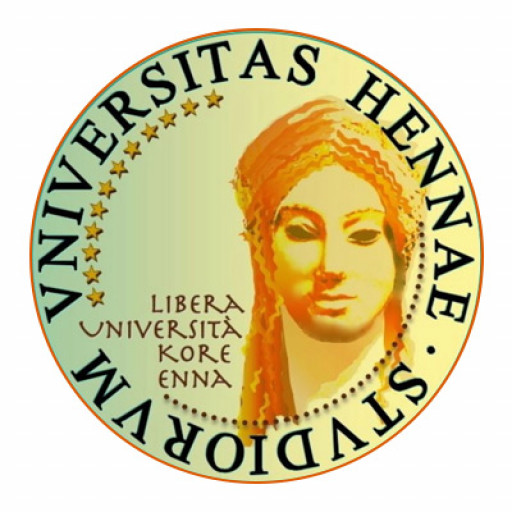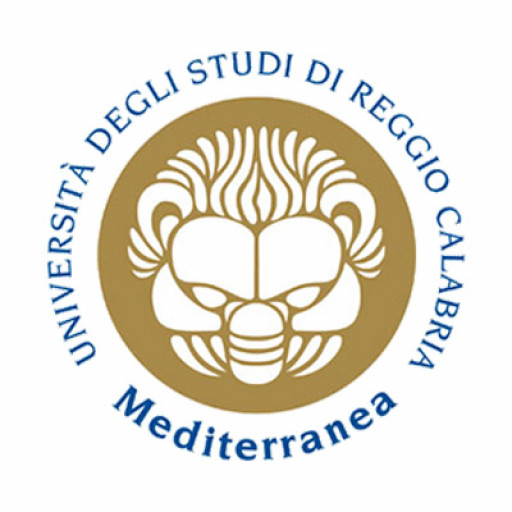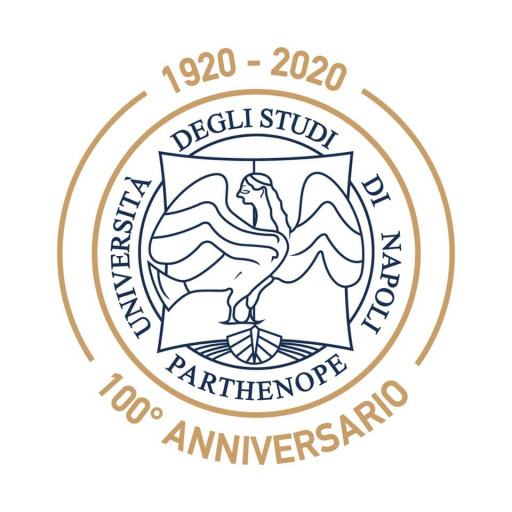Photos of university / #ucl
The BSc Civil Engineering program at University College London (UCL) offers a comprehensive and rigorous education designed to equip students with the essential knowledge and practical skills required to excel in the field of civil engineering. The programme provides a blend of theoretical foundations and hands-on experience, ensuring graduates are well-prepared to address the complex challenges of designing, constructing, and maintaining the infrastructure that underpins modern society. Throughout the course, students engage with core topics such as structural analysis, geotechnical engineering, transportation systems, environmental engineering, and construction management. UCL's distinguished faculty bring a wealth of academic expertise and industry experience, fostering an environment of innovation and critical thinking. The programme includes laboratory work, design projects, and field trips that provide real-world exposure and practical problem-solving opportunities. Students are encouraged to develop their analytical skills, teamwork, and communication abilities to collaborate effectively within multidisciplinary teams. The curriculum incorporates the latest advancements in civil engineering technology, including sustainable design practices and smart infrastructure. As part of their learning journey, students have access to state-of-the-art facilities and laboratories, as well as opportunities for internships and industry placements, which enhance employability and professional development. Graduates of this programme are prepared for a wide range of careers within construction, consulting, government agencies, and research institutes. They also gain a solid foundation, enabling further study at the postgraduate level or professional accreditation in civil engineering disciplines. The program aims to nurture innovative thinkers and responsible engineers dedicated to creating resilient, sustainable, and efficient infrastructure solutions for the future.
In each year of your degree you will take a number of individual modules, normally valued at 0.5 or 1.0 credits, adding up to a total of 4.0 credits for the year. Modules are assessed in the academic year in which they are taken. The balance of compulsory and optional modules varies from programme to programme and year to year. A 1.0 credit is considered equivalent to 15 credits in the European Credit Transfer System (ECTS).
Year one develops the theoretical basis of civil engineering and is structured around a series of real-world engineering problems (scenarios), intended to put your acquired knowledge into practice. You will share classes in mathematics and professional skills with other engineering students, and take part in two interdisciplinary engineering challenges. At the end of year one, there is a two-week residential field trip to Wales for surveying, stream gauging and a dam visit.
In year two core civil engineering knowledge is developed further and you will also choose a minor engineering subject from a wide range. At the end of this year there is a residential field trip to the National Construction College for a Constructionarium week.
Study of your minor subject continues into the final year, where you will also take compulsory advanced core modules and complete a substantial research project.
This degree is part of the Integrated Engineering Programme (IEP), a teaching framework that engages students in specialist and interdisciplinary activities designed to create well-rounded graduates with a strong grasp of the fundamentals of their discipline and a broad understanding of the complexity and context of engineering problems. Students register for a core discipline, but also engage in activities that span departments so the development of fundamental technical knowledge takes place alongside specialist and interdisciplinary research-based projects and professional skills. This creates degrees encouraging professional development, with an emphasis on design and challenging students to apply knowledge to complex problems.
A levels
Grades
A*AA-AAA
Subjects
No specific subjects.
GCSEs
English Language at grade C. Mathematics and Physics (or Double Award) at grade A if not offered at A level.
IB Diploma
Points
38-39
Subjects
A score of 18-19 points in three higher level subjects, with no score lower than 5. Physics must be offered at either higher or standard level.
The English language level for this programme is: Standard
Financing studies for the Civil Engineering program at University College London are structured to provide students with a range of options to support their education financially. The university offers various scholarships, bursaries, and financial aid packages specifically designed to assist both domestic and international students. Scholarships such as the UCL Engineering International Undergraduate Scholarship and the UCL Excellence Scholarships are awarded based on academic merit and can significantly reduce tuition fees for eligible students. Additionally, students are encouraged to explore external funding opportunities, including government-sponsored loans, sponsorship programs, and private grants available in their home countries.
UCL also provides detailed guidance and support services to help students navigate the complex landscape of financing their studies. The UCL Student Funding Office offers personalized advice on applying for loans and bursaries, understanding tuition fee structures, and managing living expenses during their course duration. For students requiring further financial assistance, part-time work opportunities are accessible under certain visa regulations, enabling them to supplement their income while studying.
The cost of studying Civil Engineering at UCL includes tuition fees, which are payable annually and vary depending on the student's residency status. International students generally pay higher fees than domestic students, with the exact amounts announced at the start of each academic year. Besides tuition, students should budget for accommodation, textbooks, transportation, and living expenses, which can be substantial, especially for international students. To assist in planning, UCL publishes detailed cost estimates annually and encourages prospective students to budget accordingly.
Overall, UCL is committed to making education accessible through a comprehensive array of financial support options. Prospective students are advised to research and apply for relevant scholarships early and consider all available funding sources to ensure they can focus on their studies without undue financial stress. The university’s financial aid services remain dedicated to helping students identify suitable funding opportunities tailored to their circumstances, and they frequently update their offerings to reflect changes in funding landscapes.
The BEng Civil Engineering program at University College London (UCL) is designed to provide students with a comprehensive understanding of the fundamental principles and practices of civil engineering. The course covers a wide range of topics, including structural engineering, geotechnical engineering, environmental engineering, transportation, and construction management. Students will develop strong analytical, design, and problem-solving skills essential for designing and constructing infrastructure that meets societal needs.
The curriculum combines theoretical coursework with practical applications, encouraging students to engage in hands-on projects, laboratory experiments, and design exercises. Emphasis is placed on sustainability and resilience, preparing students to address contemporary challenges such as climate change, urbanization, and resource scarcity. The program integrates the latest industry standards and technological advancements, ensuring graduates are well-equipped for the evolving civil engineering landscape.
UCL's location in London offers students unique opportunities for engagement with real-world projects, internships, and collaborations with leading engineering firms and government agencies. The program also emphasizes the importance of interdisciplinary knowledge, fostering skills in project management, communication, and teamwork. Students can participate in extracurricular activities such as student societies, competitions, and workshops, which enhance learning and professional development.
Graduates of the Civil Engineering BEng can pursue careers in various sectors, including construction, transportation, environmental consultancy, and infrastructure development. The program may also provide a pathway to postgraduate studies or professional chartership in engineering disciplines. With a focus on innovation and sustainability, UCL's Civil Engineering program aims to prepare graduates to make meaningful contributions to society through sustainable and resilient infrastructure development.










